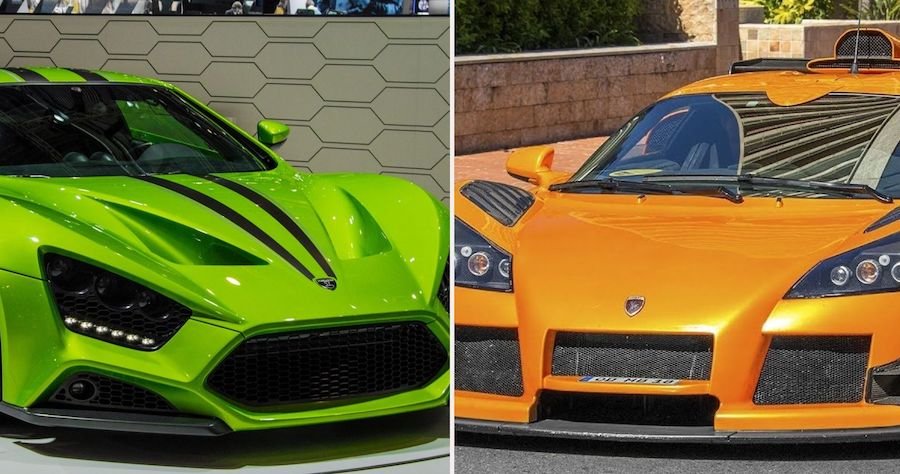Study: Aggressive Men Drive Aggressive, Expensive Cars

Which is to say, people tend to buy expensive, aggressive, high-status cars because they want – or need – to flex. Recent research comes to solve the old riddle of the association between aggressive drivers and their aggressive, expensive cars: it’s not the car that makes the drivers this way, in case you still had doubts.
Starting from the observation that drivers of Audis and BMWs tend to be more reckless and inconsiderate in traffic, Jan-Erik Lönnqvist, professor of social psychology from University of Helsinki’s Swedish School of Social Science, conducted research to find a possible connection between the two.
A total of 1,892 car owners from Finland took part in the survey, and Lönnqvist analyzed their answers based on the Five-Factor Model, which assesses personality traits in five domains: openness, conscientiousness, neuroticism, extraversion, and agreeableness. Lönnqvist’s premise was that certain types of men are drawn to high-status cars regardless of other expensive possessions they have.
The findings confirmed his theory: men (but not women) whoa re stubborn, disagreeable, self-centered, unempathetic and aggressive are more likely to own high-status cars, like Mercedes, BMW or Audi. According to the professor, the association comes out of a feeling of superiority and the subsequent need of showing said superiority to others through the purchase of a high-status car.
“These personality traits explain the desire to own high-status products, and the same traits also explain why such people break traffic regulations more frequently than others,” Lönnqvist says.
The same research revealed that this association doesn’t apply in the case of female drivers, for the supposed reason that they do not attach the same importance to cars as status symbol as men do. However, another personality type is also highly attracted to high-status cars: both men and women described as conscientious are likely to own an expensive, reliable, quality car.
“It would be great if consumers had other, sustainable ways of showing their status rather than the superficial consumption of luxury goods that often has negative consequences,” Lönnqvist adds of the findings. “We are already seeing that driving an electric car is becoming something of a status symbol, whereas SUVs with their high emissions are no longer considered as cool.”


